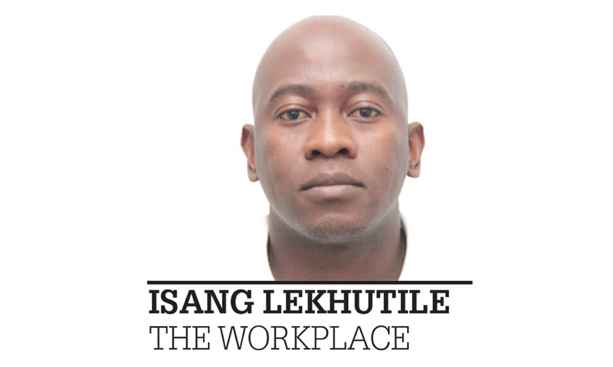The grand brown wooden doors open, sending tremors around the church, five black suited gentlemen walked past the singing congregation and waited for the dark chocolate coloured man to enter. The second Waboraro entered, that was the moment, and the incredible certainty that everything under the sun has been written by one hand only. Before her face could even think about blushing, she followed her father to meet the man of her dreams down the isle. When he looked into her eyes, he learned the most important part of the language that the entire world spoke — the language that everyone on earth was capable of understanding in their heart; love. The beauty of was out of this world. I have no words to describe her. The village of the Serowe came very alive and busy the past weekend. For the third time, I have witnessed the church hall of UCCSA being full to a point where every late comer had to stand to watch the marriage ceremony of our dearest friends. Congratulations to Waboraro and Sandra Motswetla on the journey of matrimony and many blessings to their marriage. Though, the proceedings started 30mins late, the occasion was so beautiful and my sincerest regards to Reverend PG for directing and leading the service.
Changing jobs and environment can be a challenge especially that it calls to establish new relationships and navigating a new unfamiliar environment. I changed jobs in 2019 and new cycle of establishing relationship commenced. Honestly, I careless about them and my concern is establishing working relationship. I for one do not want to establish a relationship with an employee who does not have similar work ethic standards. I have always believed that I need to associate with individuals who are work horses and simply for one reason – I want to learn from them and get encouraged or motivated. “Ha ke batle setshwakga ha tlhoko game”. I know we can’t be the same but at least we can try map and level our standards and expectation in the workplace. There are many benefits of forming positive work relationships. Establishing a helping relationship between workers is essential to the successful outcome of work interventions. However, trust must develop from consistent actions that show colleagues you are reliable, cooperative and committed to team success. Work relationships are important for building a career and finding satisfaction in your job.
Staff well-being is an increasingly relevant and necessary consideration in the modern workplace. Well-being at its simplest level is perhaps ultimately about self-care, personal happiness, feeling good, living safely, and healthily. This means not allowing work to undermine our basic purposes and needs in our personal lives, and by extension those of our families, friends and loved ones. In this respect, work relationship is a hugely significant aspect of our daily lives. Maintaining healthy employee relations in an organisation is a pre-requisite for organisational success. Employee relations generally deal with avoiding and resolving issues concerning individuals which might arise out of or influence the work scenario. Good employee relations signifies that employees should feel positive about their identity, their job as well as about being a part of such a good organisation. Work life balance is a term used to describe the balance between an individual’s personal life and professional life. A healthy work-life balance assumes great significance for workers particularly in the current context in which both the family and the workplace have posed several challenges. Twenty first century organisations are characterised by persistent changes, uncertainties and excessive pressure to increase productivity. These changes disturb the balance of employees’ lives causing confusion and stress to many us, including myself. My observation in Botswana is that women are mainly overworked and also carry a heavy burden of being care takers and bread winners in their families. I strongly encourage equal sharing of roles in the family. It doesn’t kill for man to stand in the kitchen and cook and also perform other household chores. Nothing is wrong with a man changing diapers and bathing kids. It doesn’t mean ke sekopa. A ko le lona le nne le apaya Borra! They are exercising their responsibility as partners.
According to Raja (2004), work-life balance does not mean equal balance between professional and personal life. Stewart Friedman explains work balance as synchronisation of an individual’s varied pursuits that may include family, work, leisure, social obligations, health, career and spirituality. While some of the pursuits need greater attention, others may require lesser focus. Striking a fine balance by prioritising these human quests will result in work-life balance. Writers have illustrated that work balance must be viewed from role analysis and three factors models. In the Role Analysis, every role assumes great significance in the context of her/his contribution to both the family and work. The three factor model advocates that the key to healthy work life balance lies in maintaining a dynamic equilibrium of three factors i.e. knowledge, behaviour and skill in both family as well as work life. In conclusion, work will never end and finding the balance is key for individual health.
